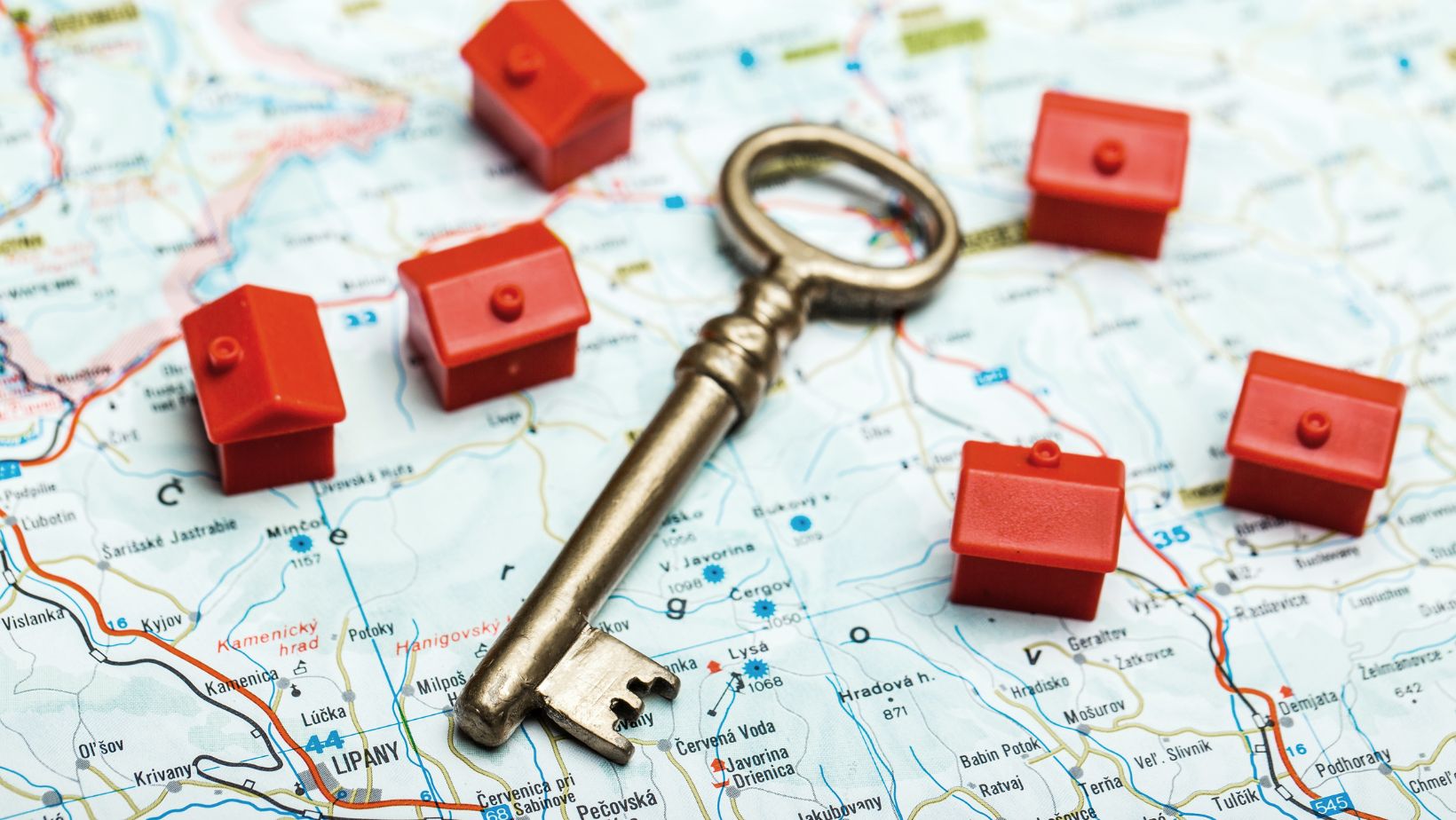Area codes play a crucial role in modern communication, but their significance goes beyond just connecting calls. They serve as geographical identifiers, helping distinguish regions, cities, and even entire countries. Understanding area codes can improve your awareness of how phone systems work and offer insights into regional demographics and economic activities. For businesses, recognizing different area codes allows them to tailor services to specific areas, while for individuals, it can provide context about where a call originates from.
In our increasingly globalized world, area codes have become a shorthand for location and identity, influencing everything from marketing strategies to personal interactions. Here are six reasons why area codes are important.
Table of Contents
ToggleHelp Identify Geographic Locations
One of the primary reasons area codes are important is their ability to pinpoint specific geographic locations. Each code corresponds to a particular region, city, or state, making it easier to identify where a call is coming from or going to.
This is especially useful for people living in large countries with multiple area codes. It enables them to distinguish between local and long-distance calls. For instance, you can find area codes in California to help you understand which part of the state a call originates from. Whether it’s from Los Angeles, San Francisco, or smaller regions, they give clarity to callers and businesses alike.
They Enhance Call Routing Efficiency
Area codes are essential for directing phone traffic efficiently. Without them, the phone network would struggle to manage billions of daily calls. Area codes create a structured system that helps telecommunications providers route calls to the correct regions, minimizing delays and connection issues.

This efficiency ensures that calls are completed faster and more accurately, which is vital for both personal and professional communication.
Whether you’re dialing a local number or an international one, area codes streamline the process, ensuring that every call reaches the intended destination smoothly and reliably.
Boost Local and Regional Identity
In large cities or states with multiple codes, area codes contribute to the sense of local identity. They can serve as symbols of pride and community recognition. In some regions, area codes become synonymous with the culture or reputation of a place. For example, certain codes are closely associated with big cities like New York or Chicago, becoming part of their identity. This regional branding helps individuals feel a sense of belonging and recognition, strengthening community bonds. As a result, area codes play a cultural role beyond just serving as numeric identifiers.
Crucial for Businesses Targeting Specific Markets
For businesses, area codes are valuable for marketing and customer segmentation. Companies often target specific areas by focusing on the area codes of regions with potential customers. Knowing the significance of certain area codes allows businesses to design more effective campaigns.
A local business, for instance, might use a familiar area code in its advertising to appeal to regional customers, building trust and a sense of familiarity. Additionally, understanding different area codes helps businesses identify regional trends and preferences, making it easier to tailor products and services to the needs of specific areas.
Facilitates Differentiation Between Local and Long-Distance Calls
Area codes play a key role in distinguishing between local and long-distance calls. Before modern mobile technology, knowing whether a call was local or long-distance helped people manage costs, as long-distance calls were often more expensive.

Even today, understanding this distinction can be useful for people trying to avoid roaming charges or businesses that want to serve customers in their immediate area. By clearly marking different regions, area codes offer clarity in billing and communication. This differentiation remains essential, even as more people rely on mobile phones and digital communication platforms.
Essential for Emergency and Specialized Services
Area codes are critical for emergency services and other specialized communication systems. When someone dials emergency services like 911, the system uses area codes to determine the caller’s location and route the call to the nearest dispatcher. This ensures that help arrives as quickly as possible.
Specialized services, such as those for specific industries or customer support lines, also rely on area codes to route calls to the correct locations. This system enables faster response times and more accurate assistance, making area codes a vital part of ensuring public safety and specialized support services across different regions.
Area codes are far more than just numbers; they serve as critical tools in modern communication. From identifying geographic locations to enhancing call routing efficiency and boosting regional identity, area codes are essential for both personal and professional interactions. They help businesses target specific markets, differentiate between local and long-distance calls, and are crucial for emergency and specialized services. Understanding the importance and significance of area codes not only improves our ability to communicate effectively but also helps us stay connected in a fast-paced, globalized world. Knowing your area code can make a big difference.



